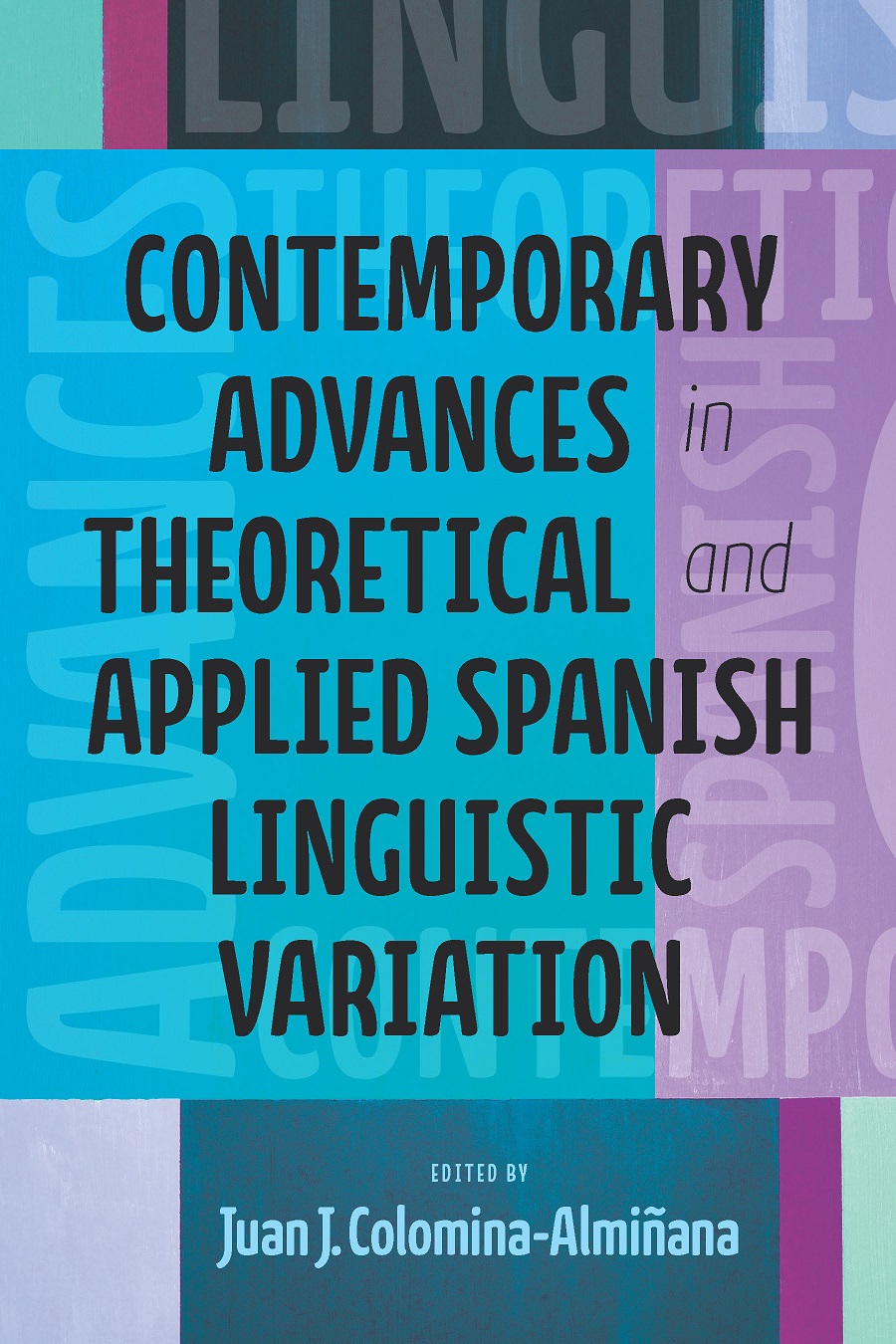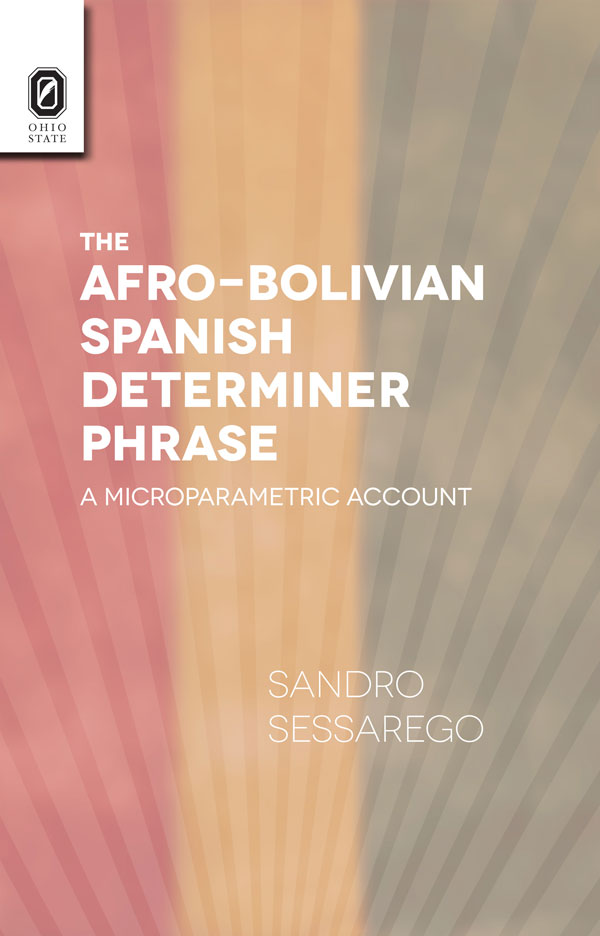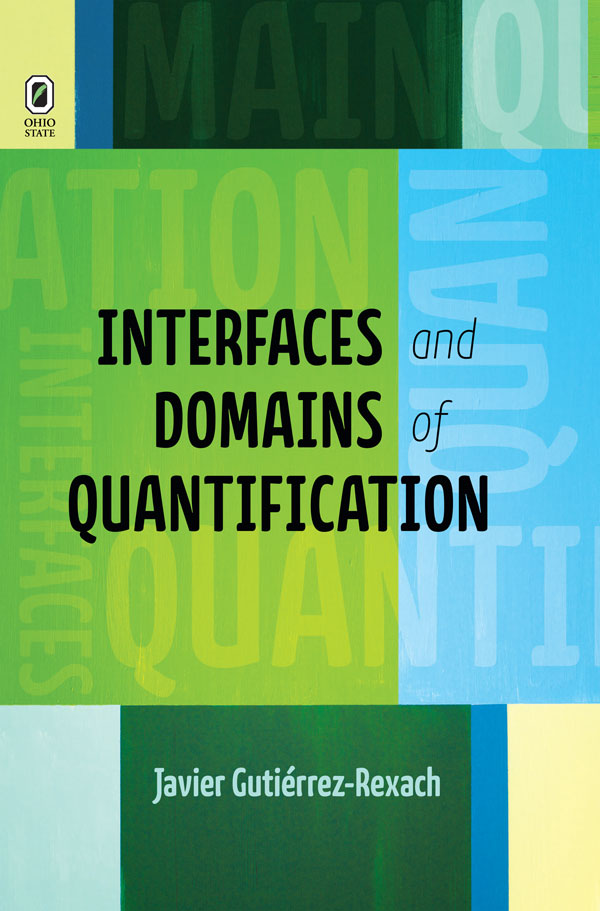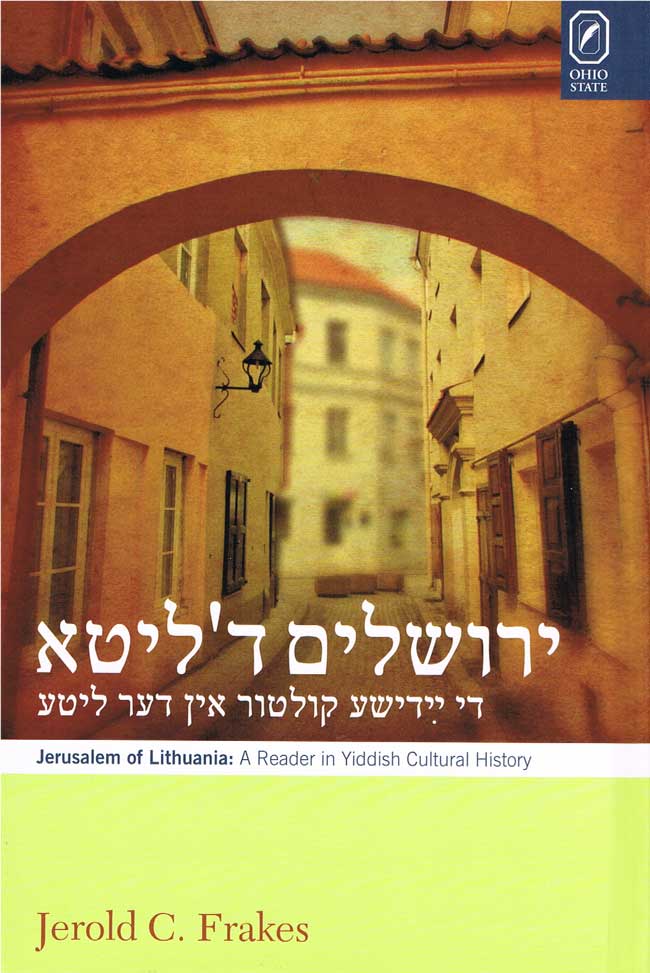“This volume is highly relevant to a number of ongoing research agendas within the field, and it fills a void in Hispanic linguistic and cultural studies.” —Rafael Orozco, Louisiana State University
Contemporary Advances in Theoretical and Applied Spanish Linguistic Variation by Juan J. Colomina-Almiñana, reframes the understanding of language variation and change as an intimate interplay between both linguistic features and social factors always occurring in unison in the same historical process. Its ten chapters, divided into four parts, provide both a synchronic and a diachronic view of Hispanic sociolinguistics, focusing not only on the historical development of Spanish as a Romance language, but also analyzing certain idiosyncratic elements of non-standard Spanish varieties across multiple regions, nations, and diasporas. In addition, the volume offers an enchronic perspective of this phenomenon by analyzing how certain sustained cultural practices may drive concrete linguistic developments.
This volume makes three major contributions to Hispanic sociolinguistics. First, it covers variation in less commonly studied varieties, which are new areas of interest in a broader world where certain minorities and their languages are crucial. Second, it offers recent and innovative approaches to variation coming from formal theories in order to spark a debate about methodology that is more comprehensive of the diverse approaches to variation currently practiced in the field. Finally, it includes chapters that combine quantitative and qualitative analysis of different linguistic variables.
Juan J. Colomina-Almiñana is Assistant Professor of Sociolinguistics in the Department of Mexican American and Latina/o Studies at The University of Texas at Austin.
Contents
Acknowledgments
Introduction
Juan J. Colomina-Almiñana
PART I
Historical Linguistics
Chapter 1 Glimpses of Proto-Ibero-Romance in Neapolitan and Other Souther Italian Mainland Vernaculars
John M. Ryan
PART II
Phonetics and Morphosyntax
Chapter 2 Rhotacism of /s/ in Elche Spanish: Social and Linguistic Factors Conditioning the Reduction
Whitney Chappell and Francisco Martínez Ibarra
Chapter 3 Pragmatic and Semantic Factors for the Resumption Strategy in Spanish Relative Clauses
Irene Checa-García
Chapter 4 The Role of Subjectivity in Discourse Marker Variation
Sarah Sinnott
PART III
Linguistic Attitudes and Discourse Analysis
Chapter 5 Linguistic Attitudes in Argentine Spanish: (De)queísmo, DOM, and the Subjunctive
Mark Hoff and Rosa María Piqueres Gilabert
Chapter 6 Voseo Vocatives and Interjections in Montevideo Spanish
María Irene Moyna
Chapter 7 Genre and Register Variation: Academic Conference Presentations in Spanish in the United States
Carolina Viera
PART IV
Variation in the Minimalist Program
Chapter 8 A Feature-Geometry Account for Subject-Verb Agreement Phenomena in Yungueño Spanish
Sandro Sessarego
Chapter 9 Agreement and Valuation of Phi-Features in Judeo-Spanish: A Cross-Generational Account
Rey Romero
Chapter 10 Psych Predicates, Light Verbs, and Phase Theory: On the Implications of Case Assignment to the Experiencer in Non-Leísta Experience Predicates
Ricard Viñas de Puig
Bibliography
List of Contributors
Index
Related Titles:
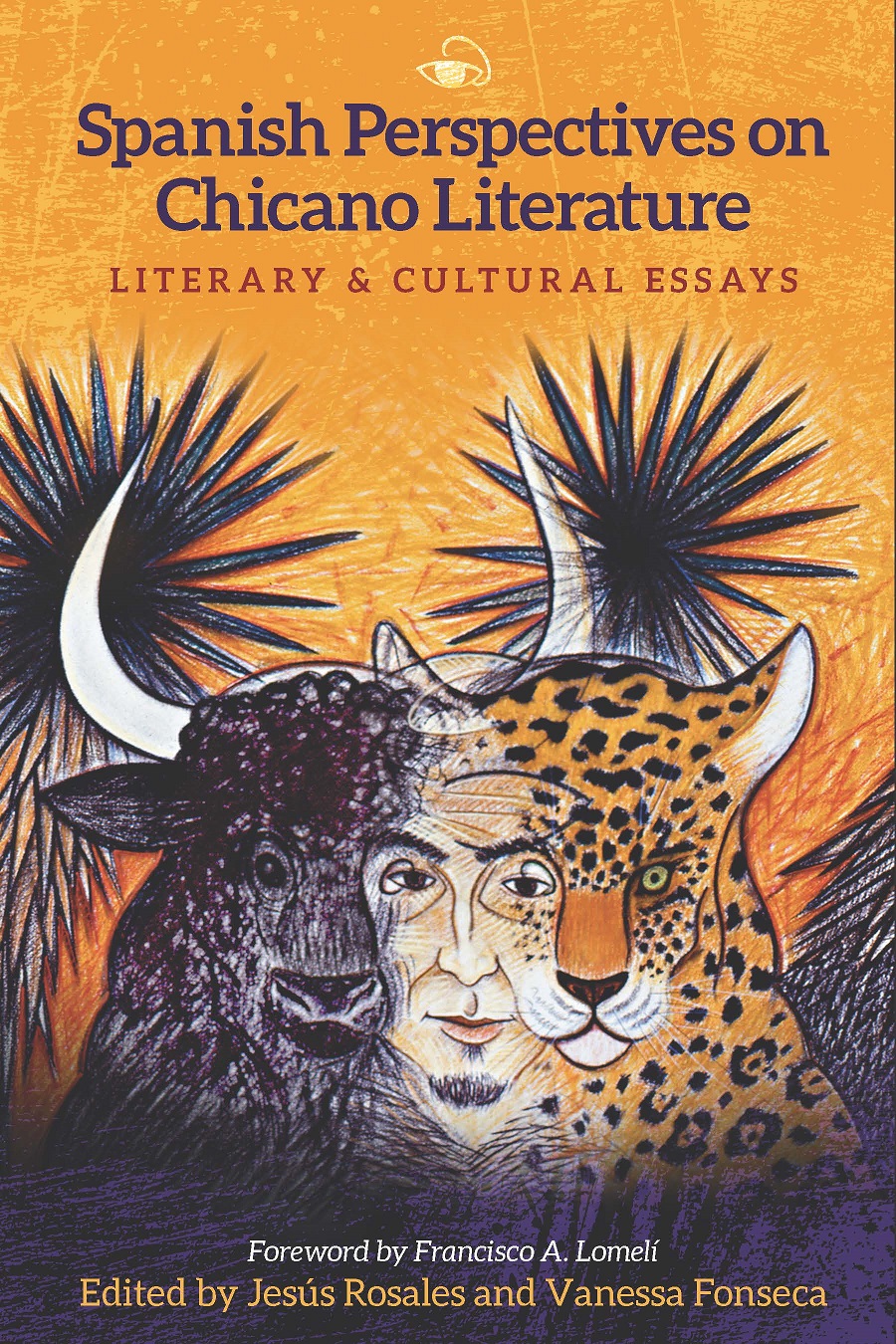
Spanish Perspectives on Chicano Literature
Literary and Cultural Essays
Edited by Jesús Rosales and Vanessa Fonseca
HARDCOVER


